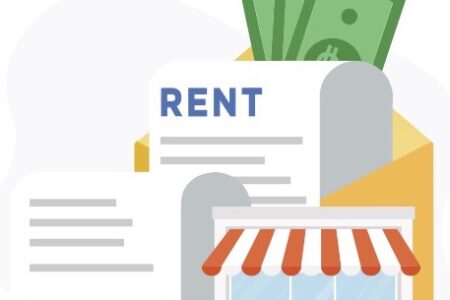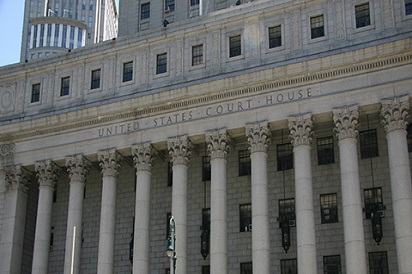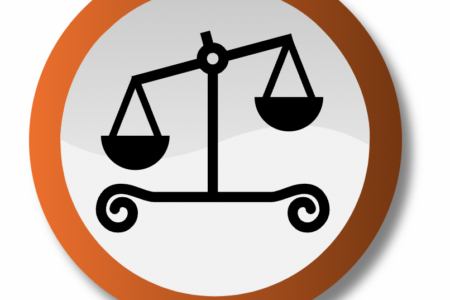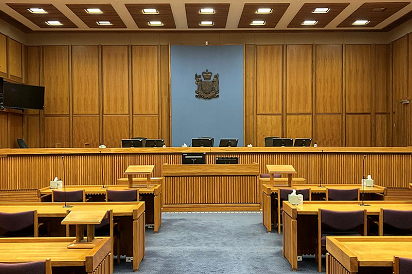
Symposium – 2023 – Access to Justice
The Making of the A2J Crisis
by Nora Freeman Engstrom & David Freeman Engstrom
Access to justice has become a defining legal and political issue. In this Essay, Nora Freeman Engstrom and David Freeman Engstrom work to identify the cause of the Access to Justice Crisis.






